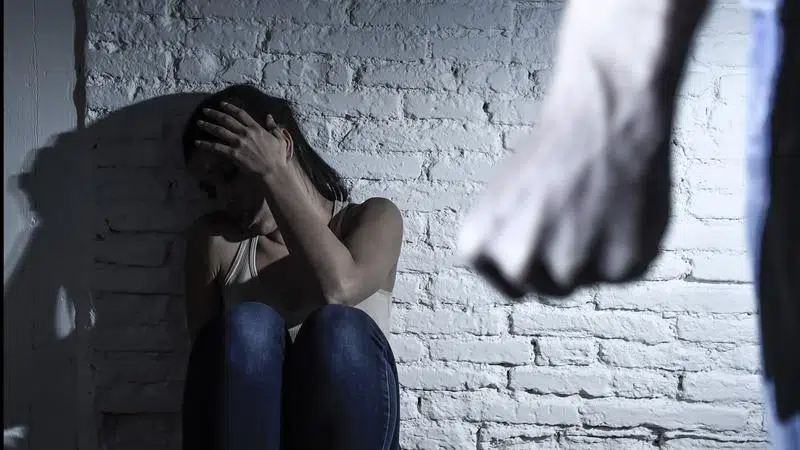
Domestic violence calls are a major issue and on the rise in Grande Prairie
According to numbers from Victim Services and stats from local RCMP, Grande Prairie has a significant issue with domestic violence.
Dee Callfas, a Domestic Violence Intervention Worker in Grande Prairie says the issue of domestic violence has been escalating the last year and a half to two years.
From January to the end of May this year, Victim Services had 793 files regarding domestic violence.
“In our unit we have three full-time domestic violence intervention workers. So those 793 files, that’s what we are dealing with, as well as anyone that walks into the agency that is looking for assistance,” explained Callfas.
